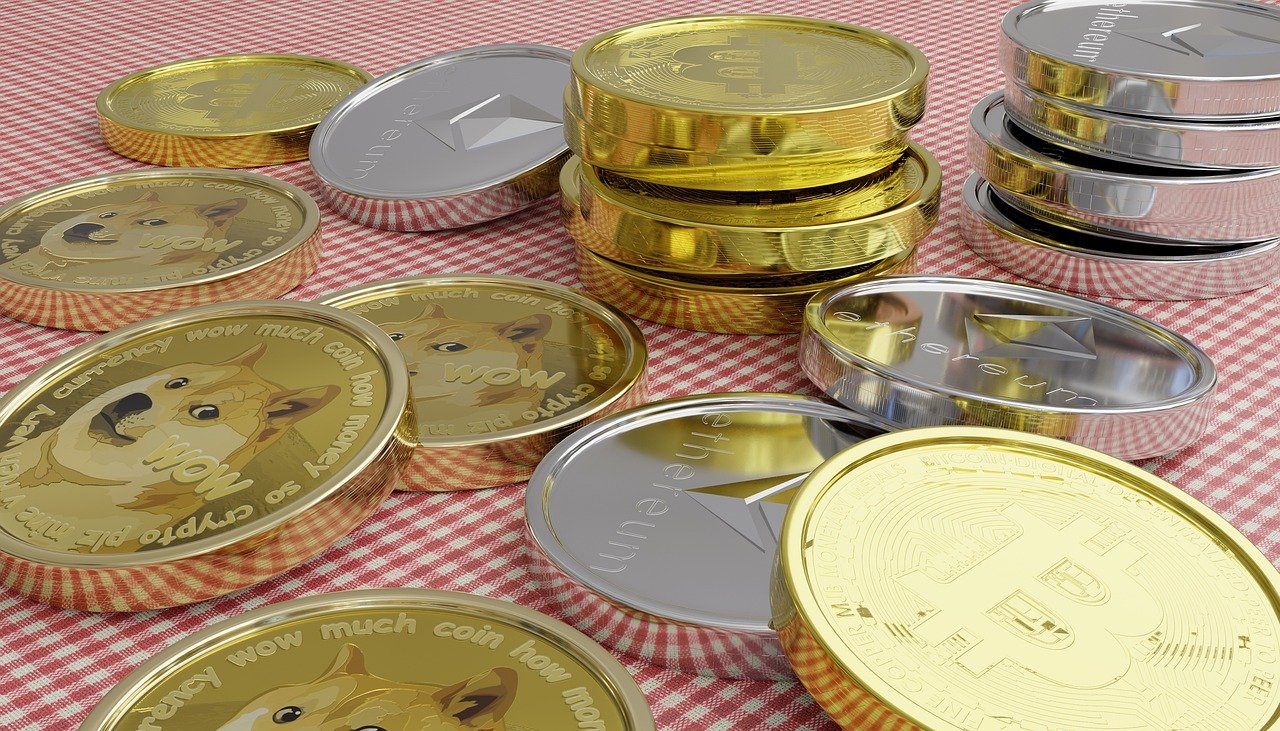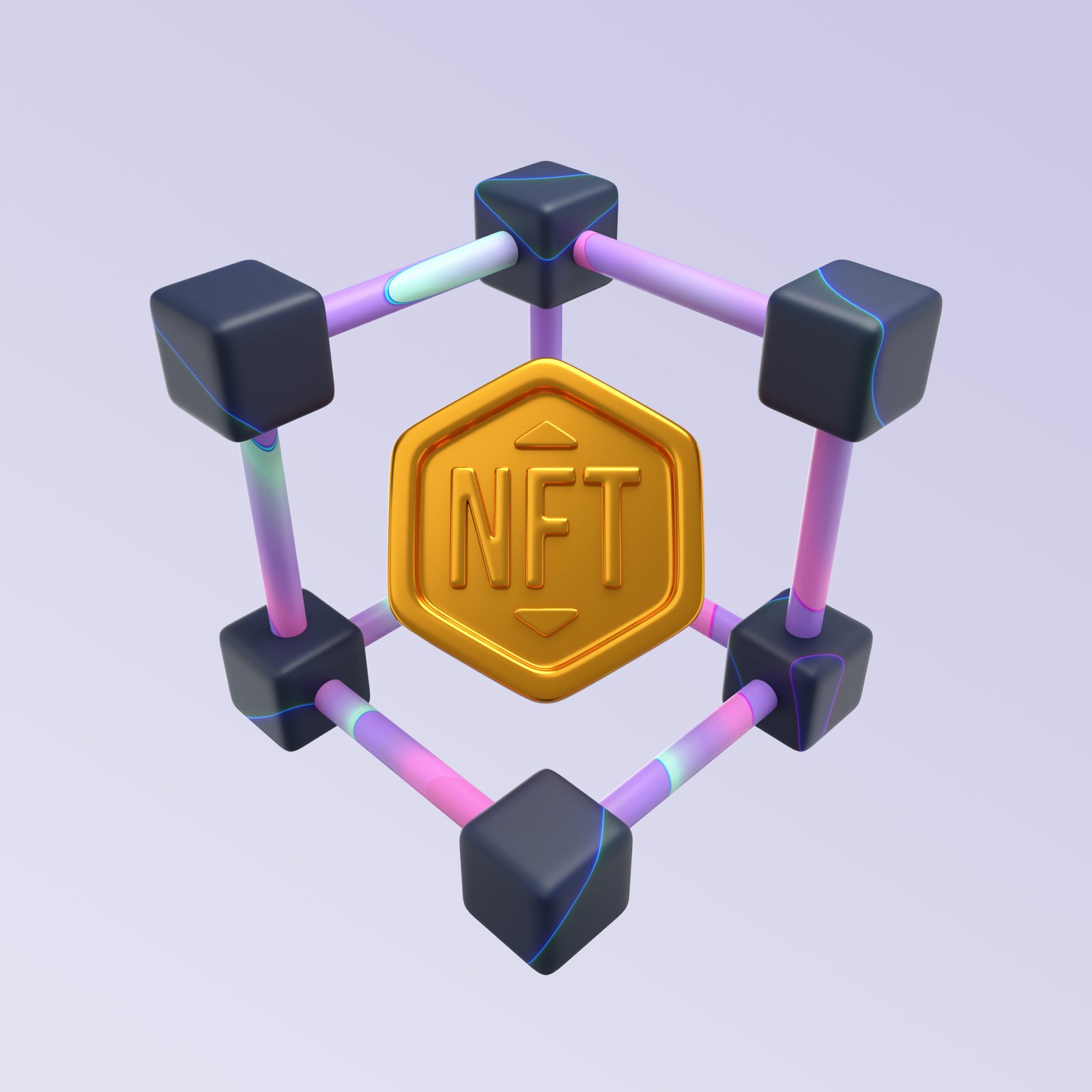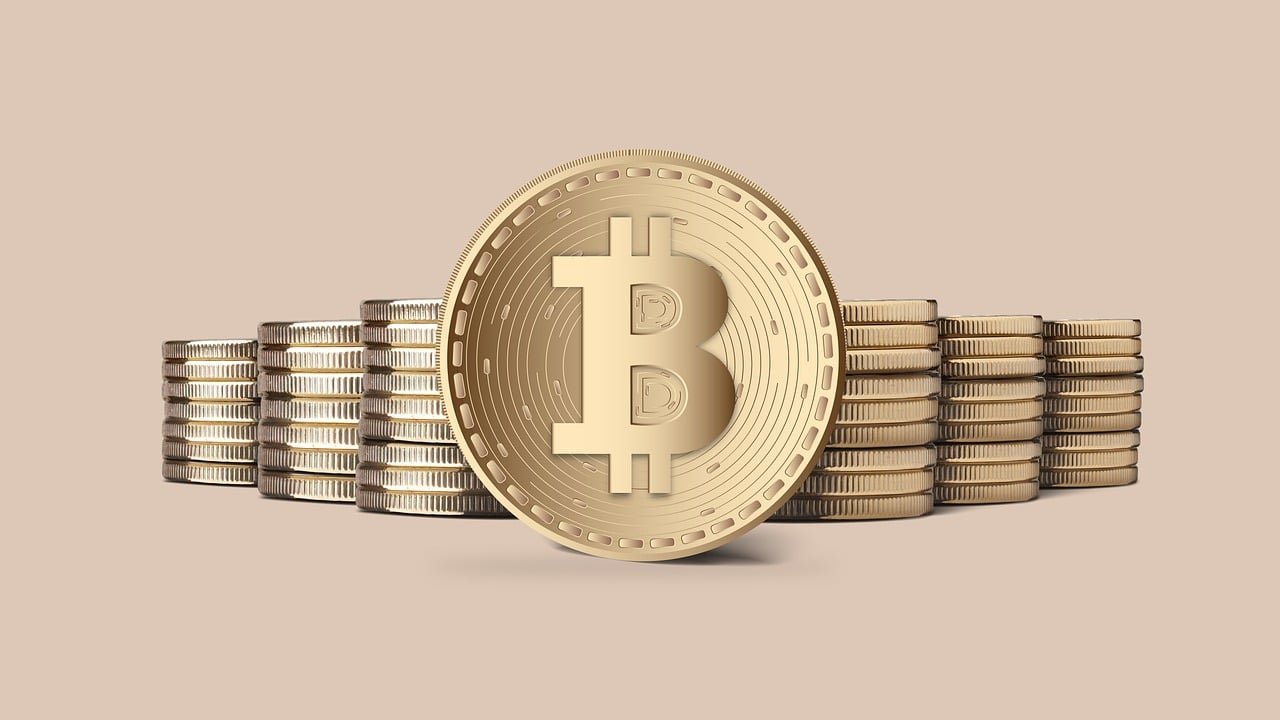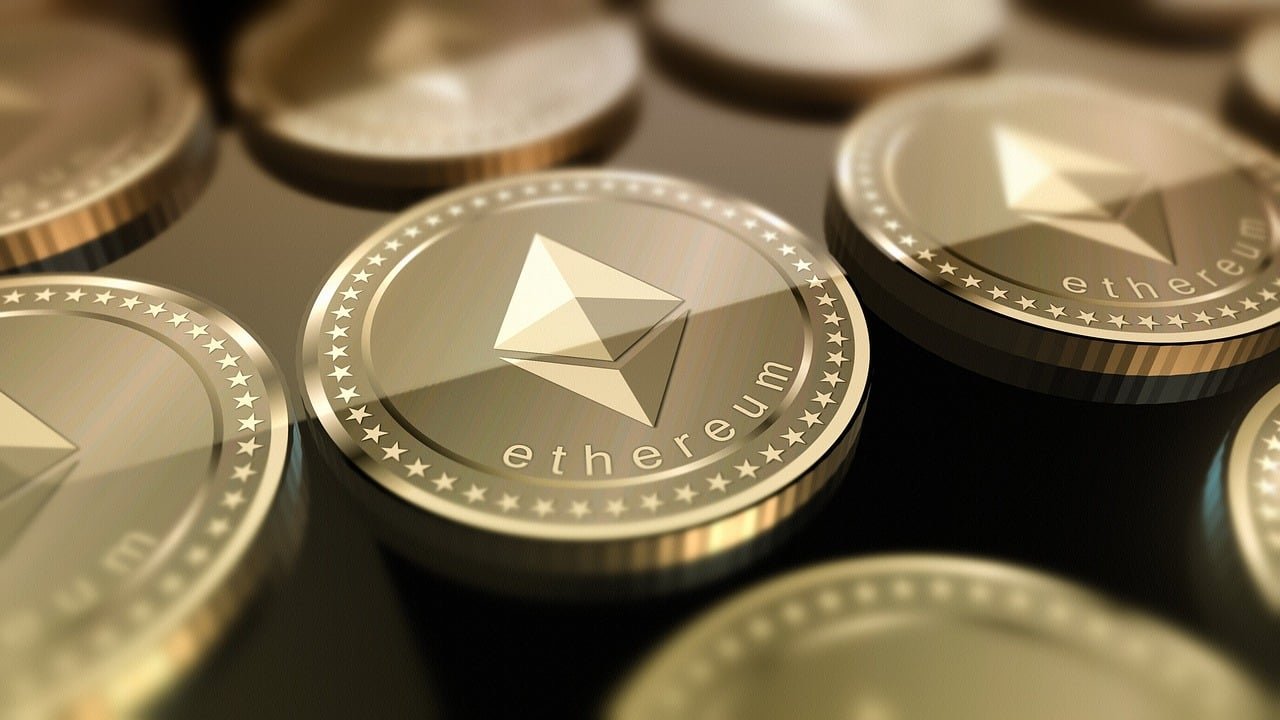The Shiba Inu and its Introduction
Shiba Inus have won the hearts of dog lovers from around the world because of their unique looks and bold character. This is a small breed that resembles a fox and is known for its energetic attitude, cleverness and being headstrong. So, if you are thinking of getting one or just wish to gain more information about this majestic breed, you have come to the right place. This guide will discuss everything from history to their treatment needs and caring needs along with fun facts.
What Does Shiba Inu Stand For?
The Shiba Inu is a small to medium-sized dog from Japan. This dog is known for its fox-like face, curled tail, standing and is famous due to its alertness and courageous demeanour. Shiba Inus are noted to be very alert and fearless. They usually are given the trait of having that ‘independent nature of a cat’, which is what makes them more difficult to train when compared to other breeds. Although they make up for the difficulties in training Shiba Inus with their loyalty and intelligence.
The History of the Shiba Inu
Shiba Inus originated in Japan, where they served as hunting dogs. The term “Shiba” suggests “brushwood” in Japanese, which relates to the dog’s ability to maneuver through thick brush while trying to hunt small animals. Despite their small stature, they hunted boars and even bears. With time, they became treasured companions in Japan, and today, the Shiba Inu is considered one of the national symbols of the country.
The Physical Characteristics of a Shiba Inu
Compact and powerful, the stature of a Shiba Inu ranges from 13.5 to 16.5 inches, and they can weigh anything between 17 to 23 pounds. This breed has an athletic build that well facilitates family and hunting activities. The most unique physical characteristic of the Shiba Inu is its curled tail, which marks the dog from other breeds.
The Size and Weight of a Shiba Inu
Shiba Inus are classified as small to medium-sized dogs. Males have an average weight that falls anywhere between 18 to 23 pounds while females are generally a little smaller at 17 to 22 pounds. While their size is perfect for apartment dogs, Shiba Inus still need plenty of physical activity to remain strong and healthy.
Coat and Colour Variants
The Shiba Inu has a dense double coat that acts as a shield against extremely cold or hot temperatures. Their coat comes in three colours: red, black and tan, and sesame (which is a mix of red and black hair). The red Shiba is the most popular, followed by the black and cream variation that appears so dark and light, which strikingly contrasts the lower part of the coat’s light sections.
Shiba Inu Temperaments and Character
Shiba Inus are known to be strongly self-willed and very independent. Shiba Inus are often confident, intelligent, and have a mind of their own. These dogs are devoted to their families, but they are also a little bit aloof and indifferent, especially to outsiders.
General Behaviour and Attitude
Equally brave, a Shiba Inu can also be remarkably stubborn. This breed does not always aim to satisfy, which coupled with their intelligence makes training them difficult. Positive reinforcement and consistency do help with Shiba training. They are very responsive and make for great watchdogs and also tend to be aggressive, insofar as trainable, towards small animals which is instinctive behaviour for the breed.
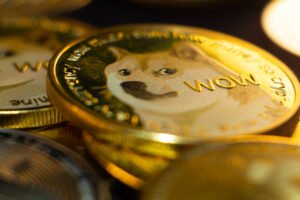
Shiba Inu as a Family Pet
Despite being moderately aloof, Shiba Inus can be great family companions. They shower love on their family members and can relate well to children, especially after a certain degree of socialisation. Their stubborn illuminated side, however, may be more appropriate for seasoned dog owners than novice pet parents.
Training and Socialising a Shiba Inu
Proper training and socialisation of a Shiba Inu is among the many requirements that come with owning one. Shiba Inus as a whole are very intelligent but they are likely to be quite obstinate, making some training more difficult. Nevertheless, it is important to note that all Shibas in time can be trained and become well-behaved family members.
Are Shiba Inus Easy to Train?
Due to stubborn and independent personalities, Shiba Inus are not the easiest breed to train. Unlike other breeds, they will not be eager to please, but with sufficient and constant positive reinforcement, you will be able to train your Shiba. Treats, praise and clear communication will help in teaching your Shiba Inu the new varying commands.
Tips in Socialisation for Shiba Inus
The socialisation of your Shiba Inu should commence when the dog is still young. Trying to socialise your dog with different people, environments, and other animals will help him or her adjust well as an adult. It will also help with fear-motivated aggression, as your Shiba Inu will be able to adapt easily to different situations.
Maintaining Your Shiba Inu’s Health
Giving proper care to Shiba Inus should include their social, mental, and physical health. Their needs include, but are not limited to, a balanced diet, exercises, grooming, and even seeing a medical expert when necessary.
Grooming and Other Related Activities
These dogs have a thick double coat which, as such, tend to shed quite extensively. Their coat should therefore be brushed regularly during shedding season. They are also very prone to ear infections, which will require the ears to be cleaned regularly.
Activity Needs
As is clear from their name, Shiba Inus are lively and tend to have a lot of energy. To expend this energy in a more constructive manner, daily exercise in the form of going for walks or runs is often encouraged. Failing to do so will cause the dog to resort to digging, chewing, or other behavioural problems. Mental exercises are equally important. Consider integrating the use of training games where dog trainers try to engage the dog’s mind into the routine.
Health Issues
Along with several breed health issues, Shiba Inus are also at risk for hip dysplasia, patellar luxation, and autoimmune diseases. Regular visits to the vet can help identify problems at an early stage.
Shiba Inus and Other Animals
Having other pets around should not pose a problem for Shiba Inus. They do have a strong instinct to hunt, particularly towards smaller creatures such as cats or mice. Socialisation with other pets should begin as early as possible.
Shiba Inus and Other Dogs
Territorial behaviour is common in Shiba Inus, therefore, they often do not get along with other dogs. If a Shiba Inu is taught how to behave around strange dogs at an early age, this can help prevent fights with other dogs when living in multiple pet households.
Shiba Inus, Cats, and Other Small Animals
Cats and small rodent pets can be seen as prey by Shiba Inus, so they should be monitored very closely. A small number of Shiba Inus can learn how to live with cats and other pets, but this takes considerable time and oversight.
Shiba Inu Feeding Guide
To keep a Shiba Inu healthy and active, you must ensure that he eats a balanced diet. Make sure that the food given corresponds to their age, size, and how much exercise they do.
Dietary Needs
Active Shiba Inus need high-quality and protein-rich diets. Ensure that you choose foods that list meats first and avoid fillers like corn and wheat. It is always best to check with your veterinarian for tailored advice.
Tip for Maintaining a Shiba Inu’s Diet and Weight
Shiba Inus are likely to gain weight if overfed, so it is very important to watch their portion sizes. Schedules with regular feeding times and quality food will ensure that Shiba Inus stay healthy.
Common Health Risks in Shiba Inus
These dogs are quite healthy, but similar to other breeds, Shiba Inus are vulnerable to certain inherited diseases as well. Knowing what to guard against along with good veterinary care will greatly help their overall health.
Inherited Diseases
These canine companions can experience hip dysplasia, progressive retinal atrophy, and autoimmune diseases. Using a good Shiba Inu breeder who documents and tests for genetic diseases will reduce the risk of these problems.
Maintenance Health Care
Ensure that your Shiba Inus get regular check-ups and vaccinations, while also preventing flea and tick infestation. Finding health concerns at an early stage increases the chances of effective treatment.
Shiba Inus Are Full of Surprising Information
Shiba Inus have a good share of fascinating qualities and hidden features. Here are a few surprising facts that will make you love them even more.
Famous Shiba Inus In Memes
Shiba Inus are now gaining a lot of fame across the globe, particularly because of their appearance in memes on the internet. In Japan, they are venerated owing to their close association with traditional culture, and they are prominently used in art and literature.
Underrated And Overrated Trivia
Aside from their fierce looks, Shiba Inus are known to produce a “Shiba scream,” which is an excited scream or a very angry shout. Many people tend to overrate the idea that Shiba Inus dislike getting wet but in fact, they love water.
Final Remark
Shiba Inus are one of the exceptional breeds which combines beauty, intelligence, and self-reliance. They come with more complex requirements in training and proper sociability, but the results are well worth it for the patient owner who desires a fierce yet loyal friend. They surely are puppies for families willing to welcome a new member or anyone interested in the traits of the Shiba Inu breed.
